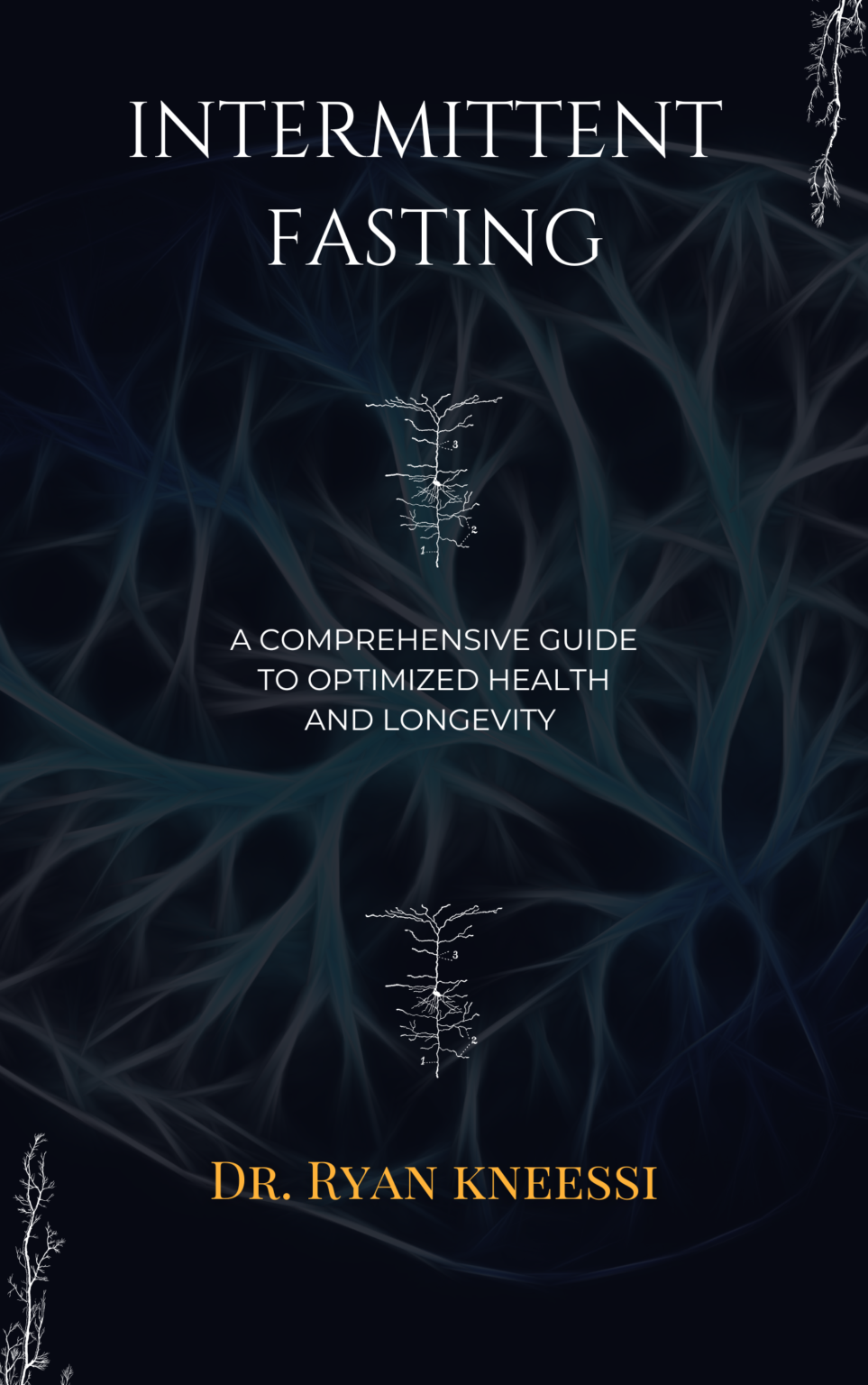Neuroprotective Mechanisms The ketogenic diet has been found to have several neuroprotective effects, which may benefit individuals with various neurological disorders or help maintain overall brain health. Some of the specific neuroprotective effects of the ketogenic diet include: Increased mitochondrial function The ketogenic diet promotes the production of ketone bodies, which are used as an […]
Month: February 2023
The Role of Glucagon
Glucagon is another hormone essential in regulating blood glucose levels and energy metabolism. It’s produced by the pancreas’ alpha cells and is released when blood glucose levels are low, such as during fasting or exercise. Upon release, glucagon prompts the liver to break down stored glycogen into glucose and release it into the bloodstream through […]
The Role of Insulin
Insulin, a hormone crucial in regulating blood glucose levels and energy metabolism, plays a significant role in the context of the ketogenic diet. Understanding the function of insulin is essential for maintaining a state of ketosis, as it directly influences the body’s ability to use and produce ketone bodies as an alternative fuel source. Produced […]
What is Ketosis
Ketosis is a natural metabolic state in which the body uses ketone bodies as its primary fuel source, rather than glucose. This occurs when carbohydrate intake is significantly reduced, causing a shift in the body’s primary energy source. The mechanisms involved in achieving a state of ketosis Limited carbohydrate intake When following a ketogenic diet, […]
Moderate Protein Intake
While the high fat and low carbohydrate aspects of the ketogenic diet are often emphasized, the moderate protein intake is also a critical component. Let’s explore the role of protein in the ketogenic diet. Moderate Protein Intake for the Ketogenic Diet Protein is an essential macronutrient that plays a variety of important roles in the […]
Low Carbohydrate Intake
The key principle of the ketogenic diet is to induce a state of ketosis, in which the body shifts from using glucose as its primary energy source to using ketones, which are produced from the breakdown of fat. To achieve this state, it is important to limit carbohydrate intake to a specific range. Carbohydrate Intake […]
High Fat Intake
Why Fat Intake is So High in the Ketogenic Diet One of the defining features of the ketogenic diet is its high fat intake. The macronutrients are often divided in the range of 60-80% fats, 20-30% protein, and 5-10% carbohydrates depending on the specific version of the ketogenic diet. This macronutrient composition is in sharp […]
Nutritional Considerations
Intermittent fasting can have a significant impact on nutritional intake, and it is important to ensure that nutrient needs are being met during the periods of eating. I usually recommend a superfood drink mix, MCT oil, and a protein drink while on an intermittent fast. These supplements can also prevent overeating during the “eating phase” […]
Contraindications and Precautions
Intermittent fasting may not be appropriate for everyone, and there are several contraindications and precautions that should be considered before starting an intermittent fasting regimen. Need a quick refresher on the definition of a contraindication? Here ya go: A contraindication is a medical or clinical reason or circumstance that makes a particular treatment, medication, or […]
Cognitive and Mental Health Benefits
Intermittent fasting has been shown to improve cognitive function and mental health through a range of physiological and psychological mechanisms. The physiological and psychological mechanisms behind these benefits are complex and interconnected. Let’s discuss them. Enhancing Brain Plasticity Intermittent fasting has been shown to enhance brain plasticity, which is the ability of the brain to […]


